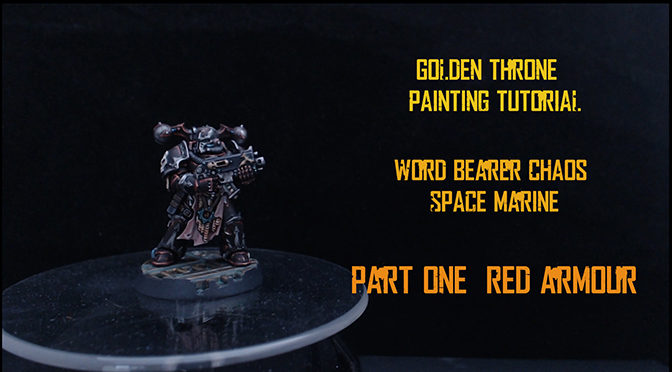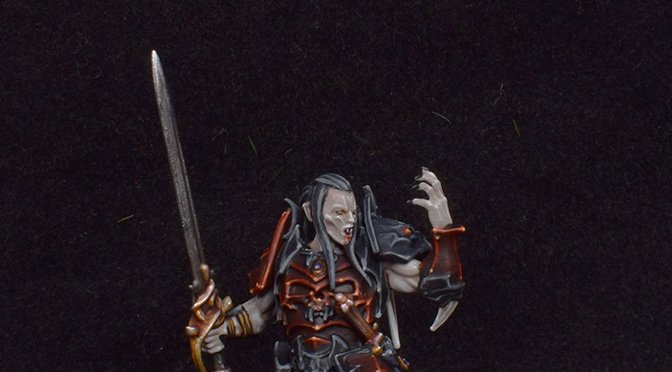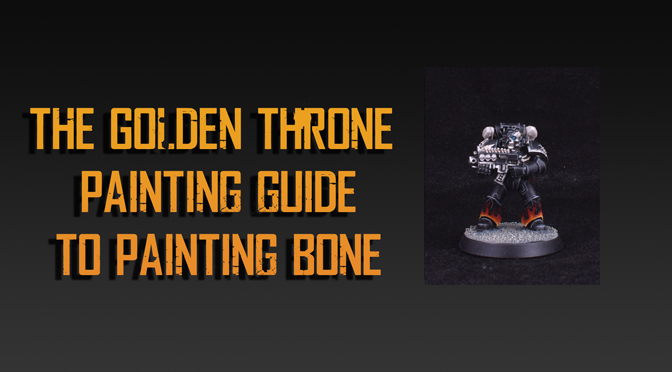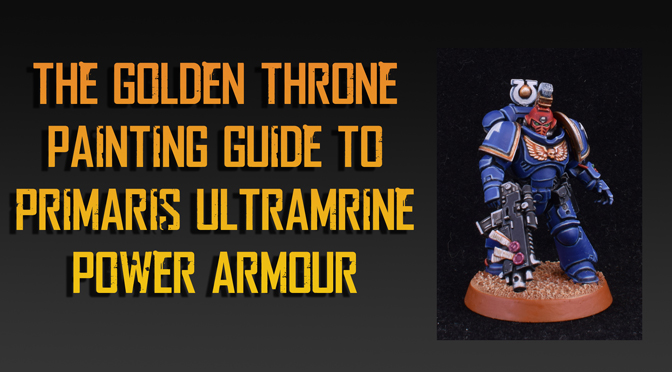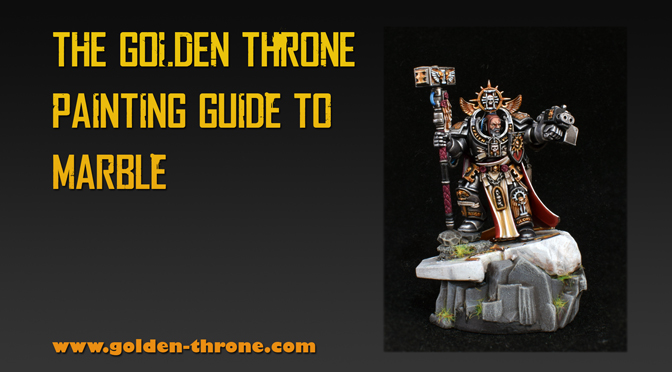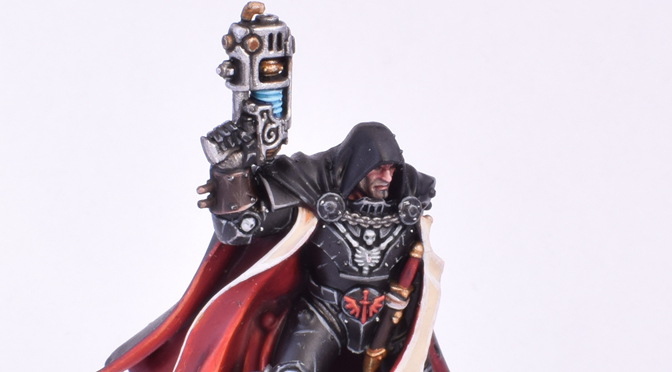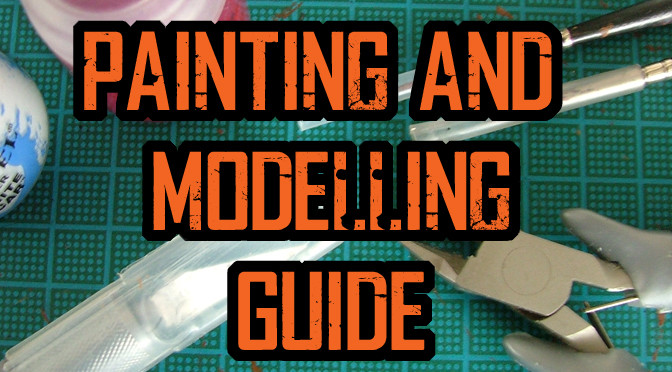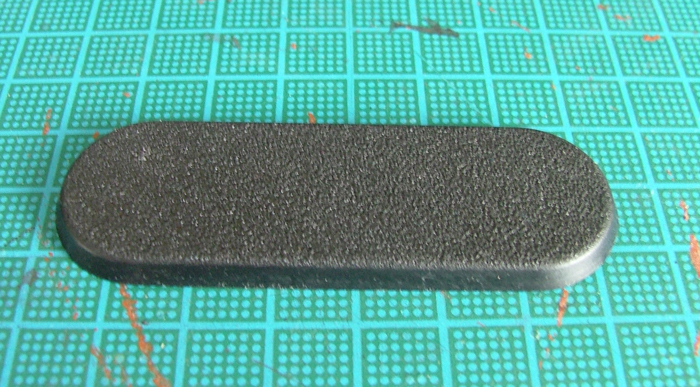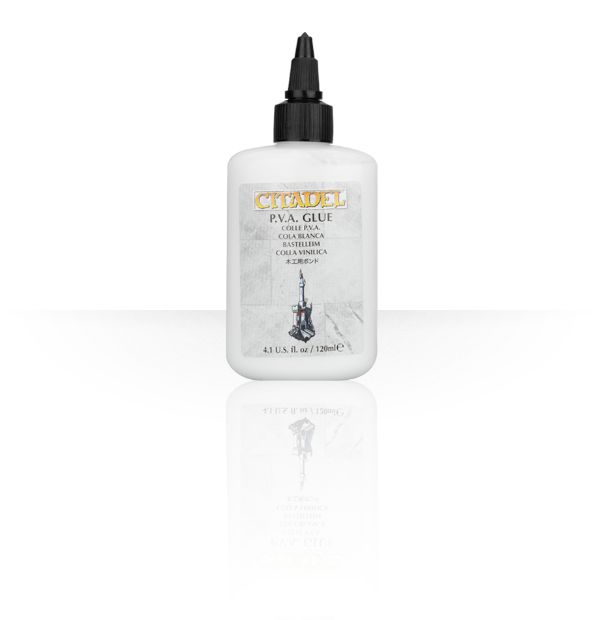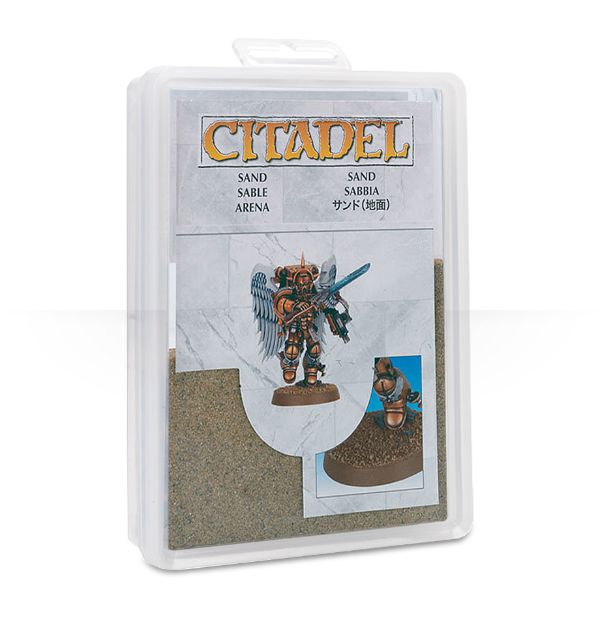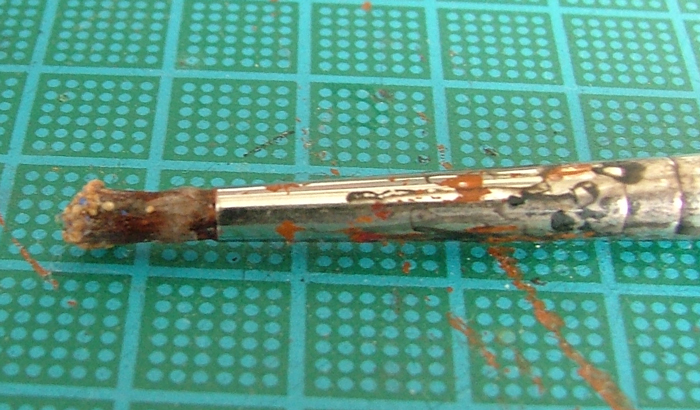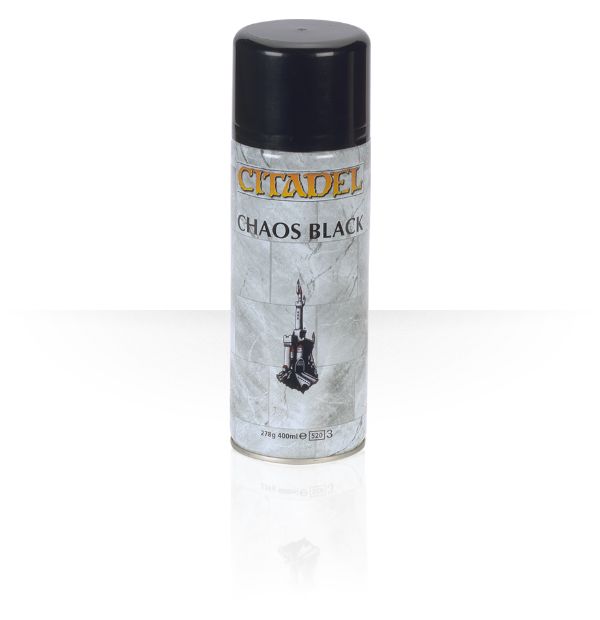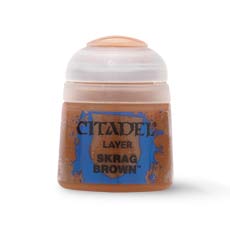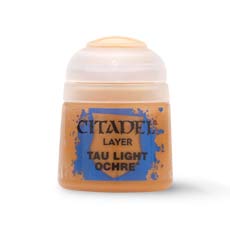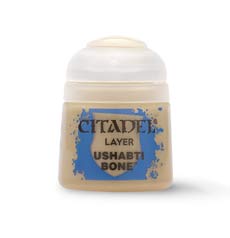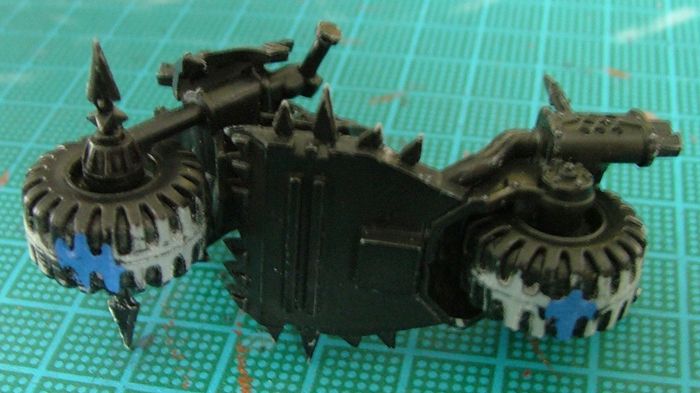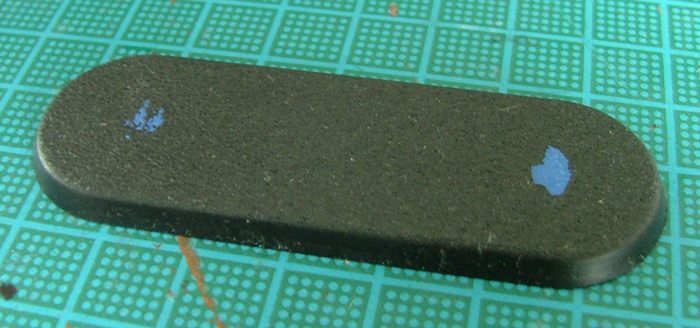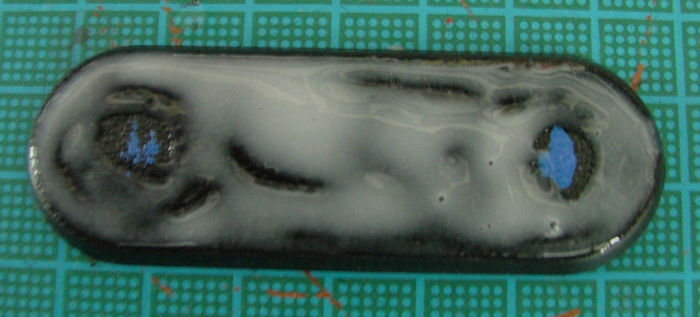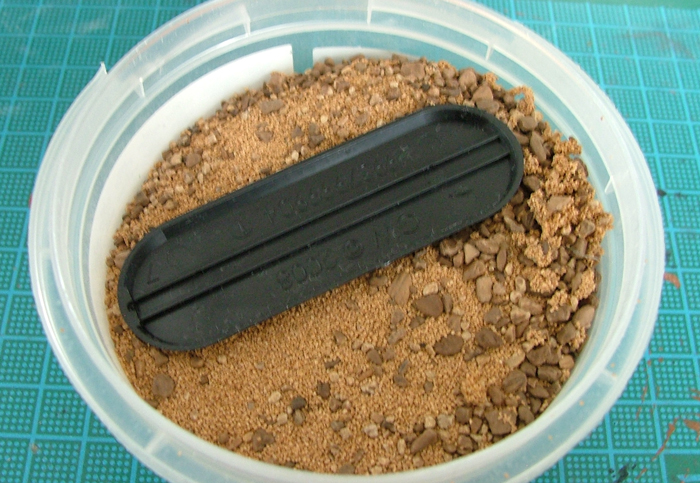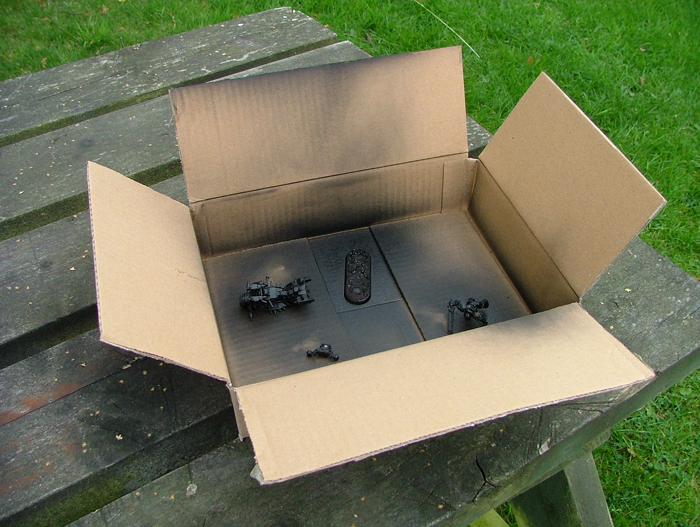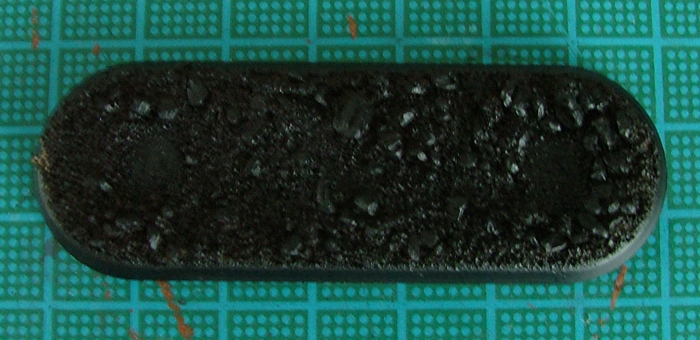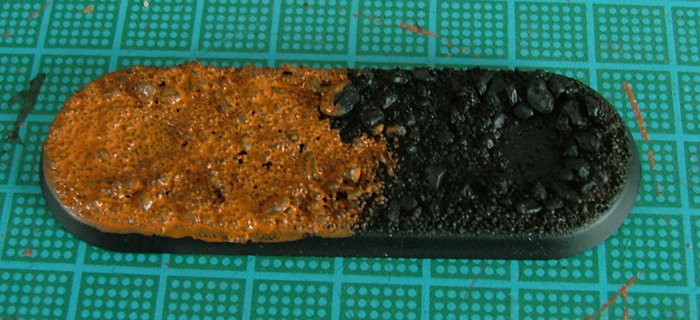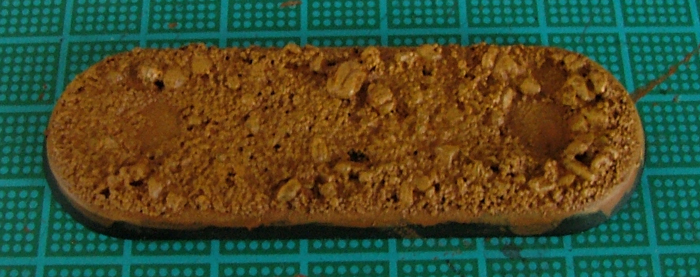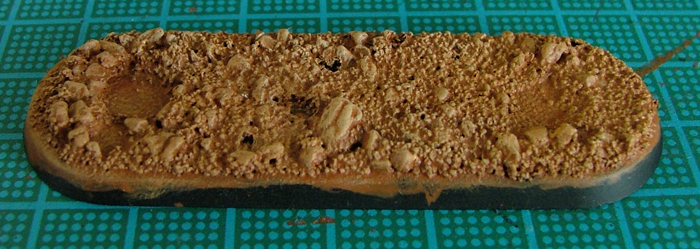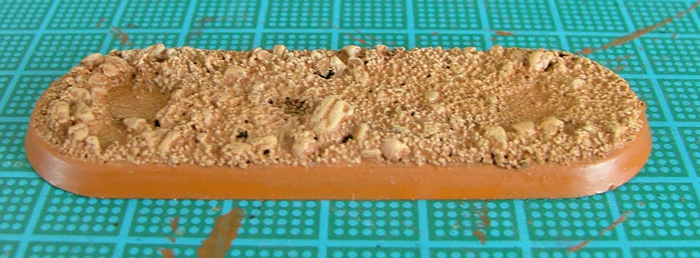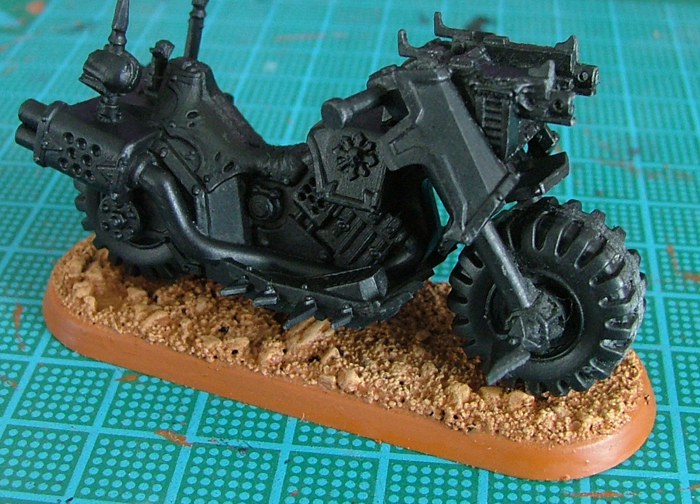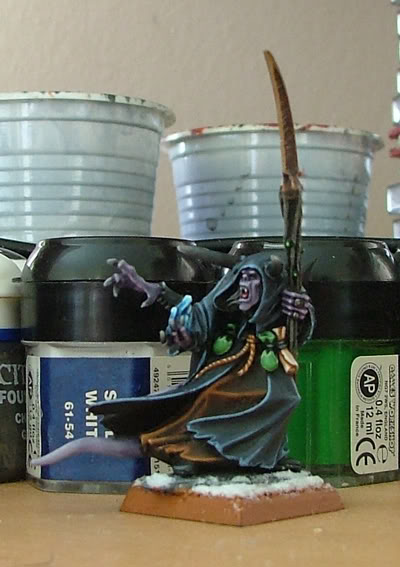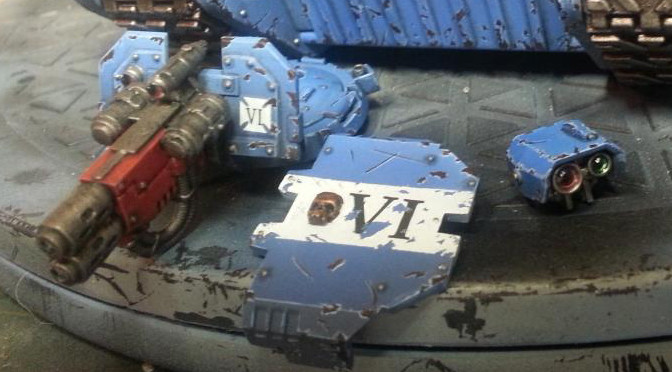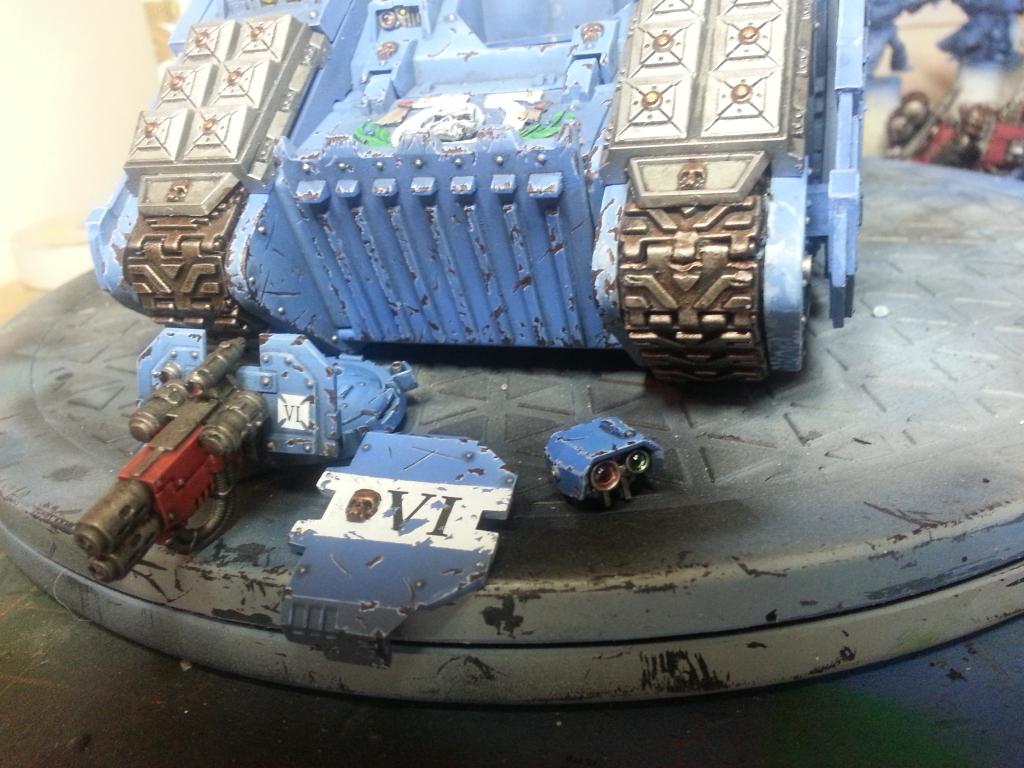I made a new painting video. Still learning the ropes really, but thought I would start at how I paint my Word Bearers!
Category Archives: Painting Guide
Crimson Court – Prince Duvalle
I haven’t had as much time to paint recently, but I knew I had to paint Prince Duvalle from the Crimson Court box set. All four models in the box are amazing, but this guy is my favourite!
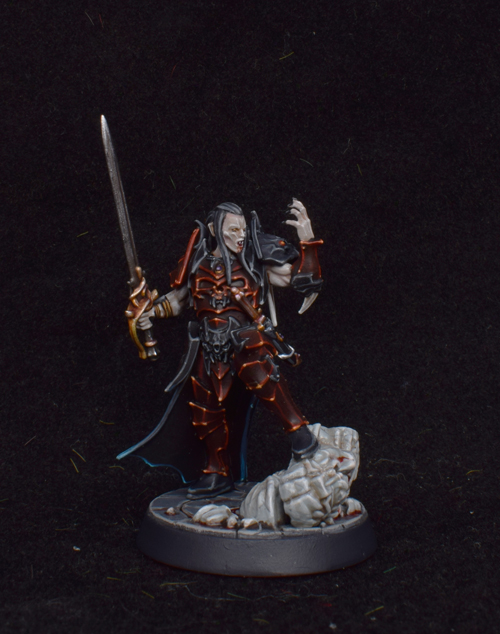
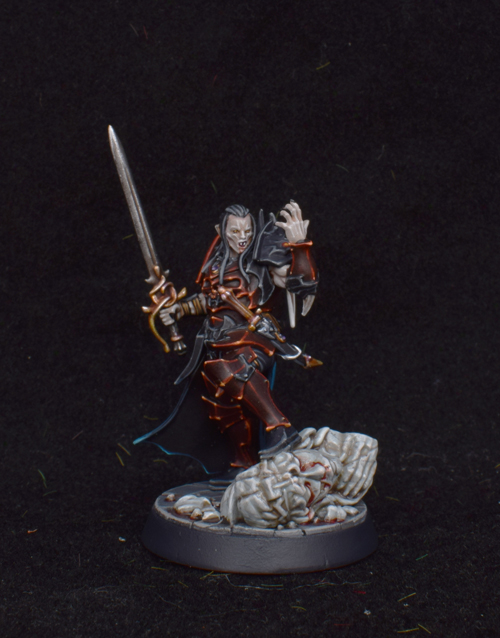
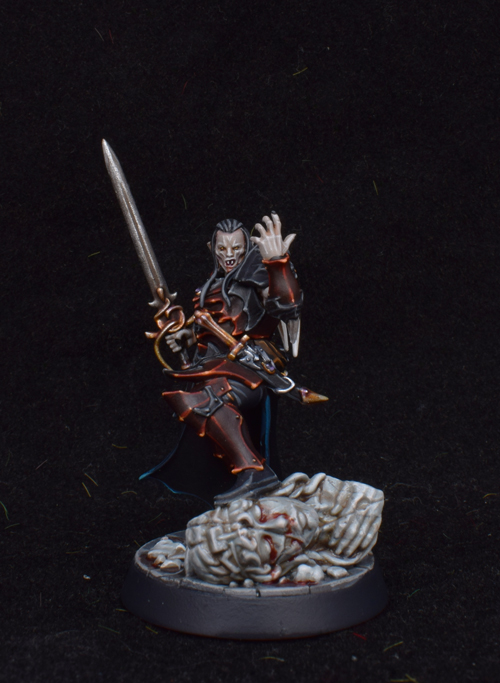
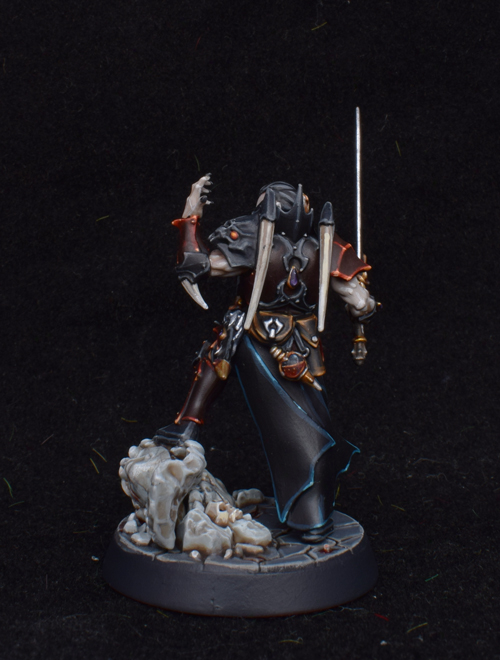
Painting Bone Guide
I recently did a guide on painting bone. There’s a number of ways to paint bone, based on how old or how dirty you want the bone to be, but this is the scheme I went with when painting my legion of the damned models.
This isn’t a very difficult technique, and you could definitely go further with it.
Golden Throne’s guide to paint Ultramarine Power Armour
Hello guys, I have a new guide about painting Ultramarine power armour. Hope it helps!
Golden Throne’s Painting Guide for Marble
Hello guys, I recently did a guide for painting marble! I hope it proves to be useful.
Painting Chipped Black Power Armour – Cypher
Painting Guide: Bases
The following article is a simple guide to basing your miniatures. There are several ways you can base miniatures, this is just the method I prefer and if you have any other ideas you should share them with us!
The level difficulty of this guide is simple, and can be achieved by any one!
What you will need before starting:
– The miniature’s base.
– PVA Glue
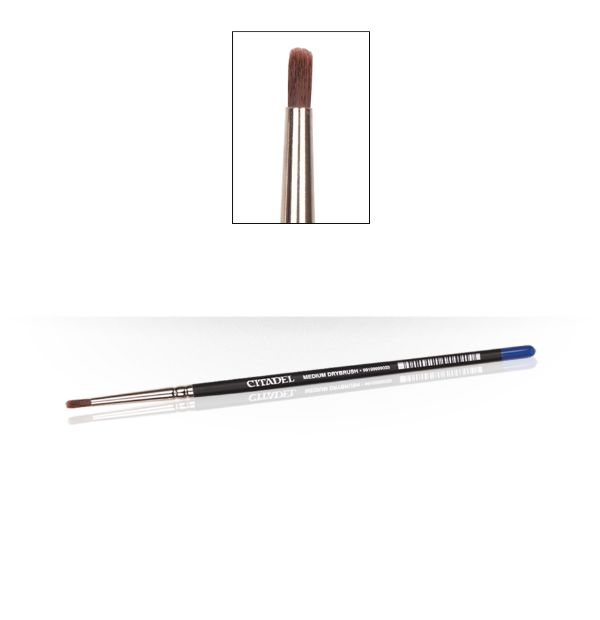
– A glue brush (preferably an old brush from your collection you don’t mind getting damaged)
– Skag Brown
– Tau Light Ochre
– Ushabti Bone
Optional tools:
– Static flock
– Snow flock
– Mourn Mountain Snow
– Battlefield debris (i.e. old guns from your bits box, a spare arm or shoulder pad)
– Suitably sized pieces of stone from your garden
For the sake of this article I have chosen to paint up a base for my next Chaos Space Marine biker. Normally I would stick a standard infantry model to its base and undercoat both model and base at the same time. However this approach isn’t suitable for bikers as it makes painting the base difficult and can often lead to a messy miniature.
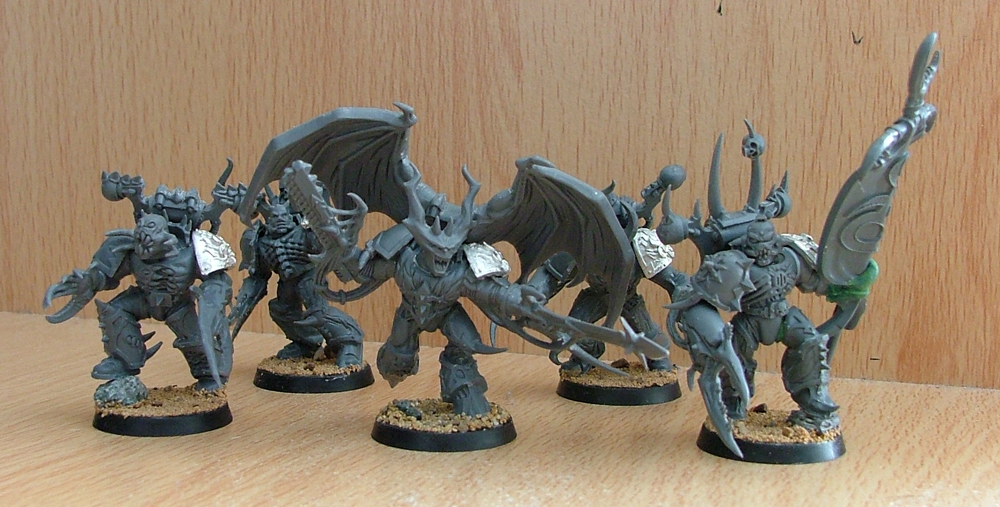
Step 1:
Take your base and clear any flash around the edges. This may require a modelling knife but usually Games Workshop’s bases have very little flash.
Step 2:
In order to align your bike to the base without covering the area you wish to glue the bike to, a clever technique is to paint the bottom of the bike with a bright colour like so.
With the paint still wet, you can then place the bike onto the base and get an approximate place you want the bke to be, and the wet paint will mark out the areas you will avoid further on in the process.
Step 3:
Once the paint has dried you can apply a suitably large dollop of PVA glue to your base. I recommend you use an old brush to spread the glue about, and keep it handy so you always have for future bases.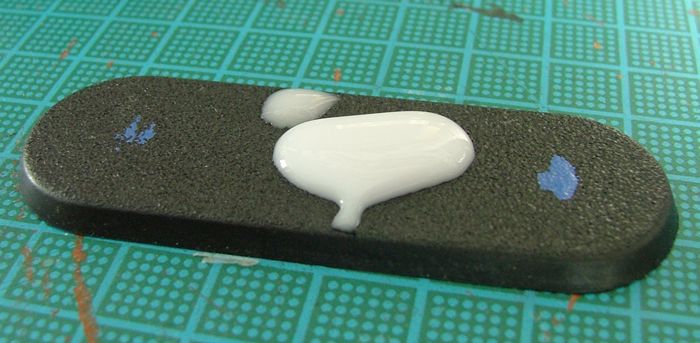
Step 4:
With the glue spread out on your base, try to avoid covering the areas marked in blue in the picture (or whichever colour you decided to use) and then dip the whole base in your sand box.
You may want to scrape a few pieces of sand away and have a few attempts of dipping the base into the sand so you get the coverage you are happy with. Once you have got the result that satisfies you, leave the base to dry for thirty minutes or so.
Step 5:
Once the base has dried it’s time to undercoat. For this I use normal undercoating spray. There are many producers of black undercoat spray, for the sake of this article I recommend using Citadel Black primer spray, but you can use the one you prefer if you wish. You can also use normal black paint, however this is much more time consuming and you run the risk of brushing away the sand as you apply it.
Remember, spraying should always be done in a well ventilated area, preferably outside when available.
I use an empty black box for my own undercoating needs, however if you are doing a large amount of miniatures you can use a stick, and blue tack the models to it and spin the stick slowly around as you spray. For this article I used my trusty cardboard box!
Step 6:
Leave the base for another thirty minutes or so to allow for the base to dry fully. If you try to apply the colours to the base too early you will end up removing the sand.
Step 7:
Once the base is dry you can now start the fun bit of painting it.
The first layer will be Skrag brown. You will want a good dollop again of this, and you will want to water it down. The more layers you do the better sealed in the sand will become. You can just do one layer of Skag Brown if you want your base to have a darker appearance, however I like to do two to three depending on the size of the base.
Always let each layer dry before doing another.
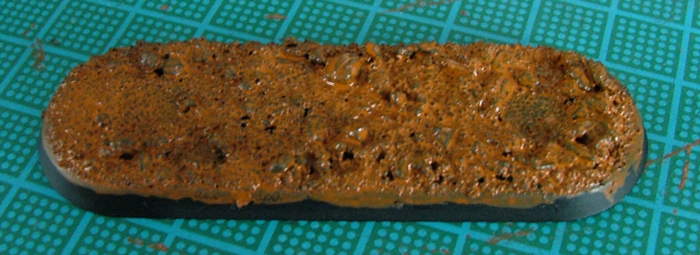
Don’t worry at this stage about knocking the odd bit of sand off. Try to be careful but it isn’t the end of the world if small parts of the base lack some sand.
Additionally don’t worry about the rim of the base, you will be coming back to the rim of the base later.
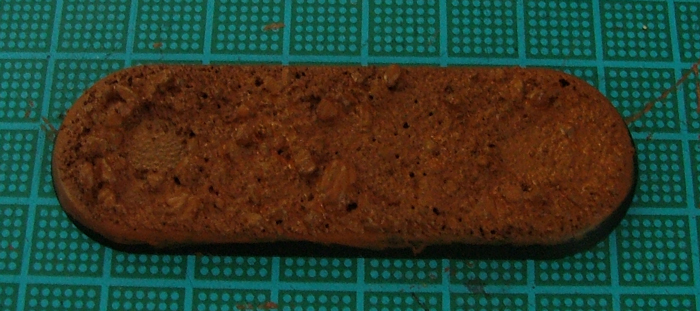
Step 8:
When you are happy with the skag brown coverage, its time to dry brush the base with Tau Sept Ochre.
Simple as that.
Step 9:
Dry brush the base again, but this time with Ushabti Bone.
Step 10:
Finally paint the rim of the base with Skag brown.
And that’s it! Your base is finished ready for your model.
Further ideas!
The above method is a great starting place for your miniatures, but you can always go a few steps further and add other elements to your bases.

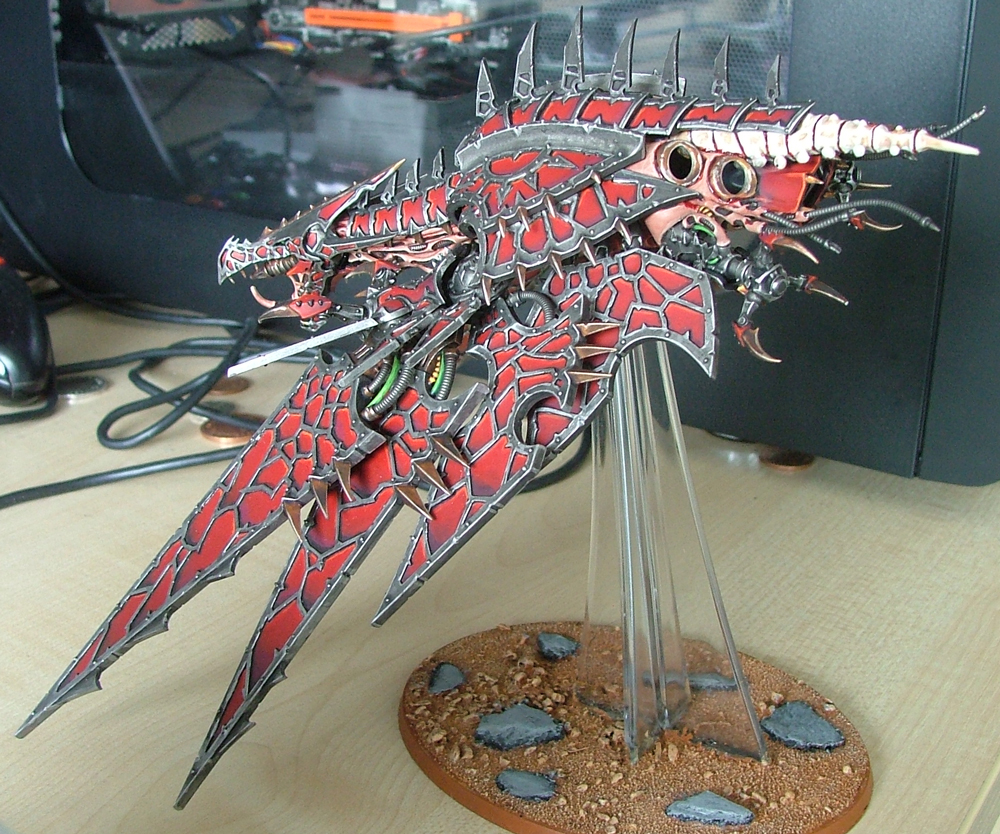
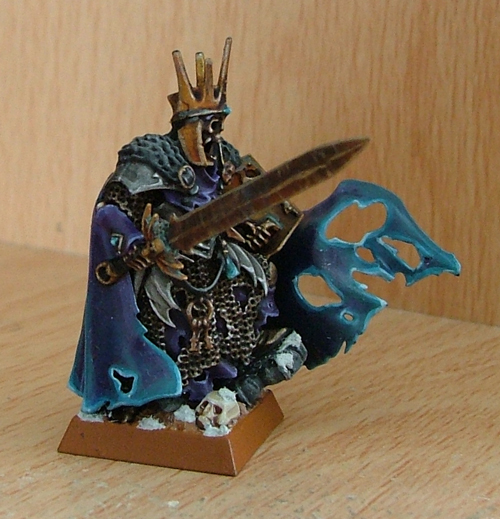
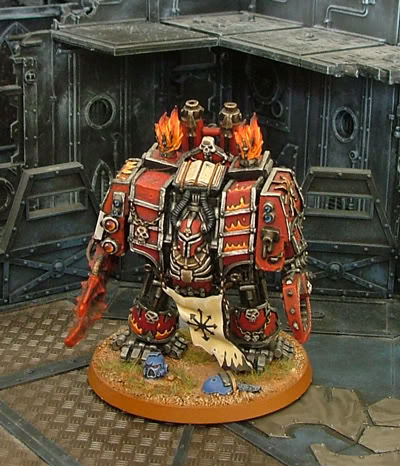
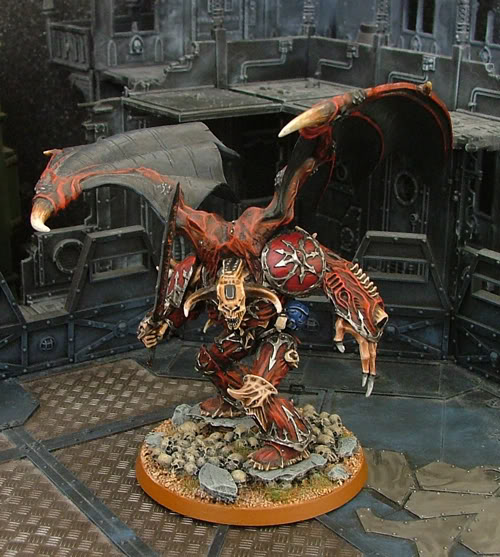
Painting Guide – Chipped Armour
I wanted to share a simple yet effective technique I stumbled across. This is a really good guide to doing chipped armour on tanks (or any armour for that matter) and it is really simple to!
http://thetwelveolympians.co.uk/painting/chipping/
It’s really worth checking out if you have ever wondered how it’s done. Here is a picture from the article to show the effect.
I couldn’t get in touch with Joel (AKA Hades) but it’s a great guide and I don’t think he will mind me sharing it.

